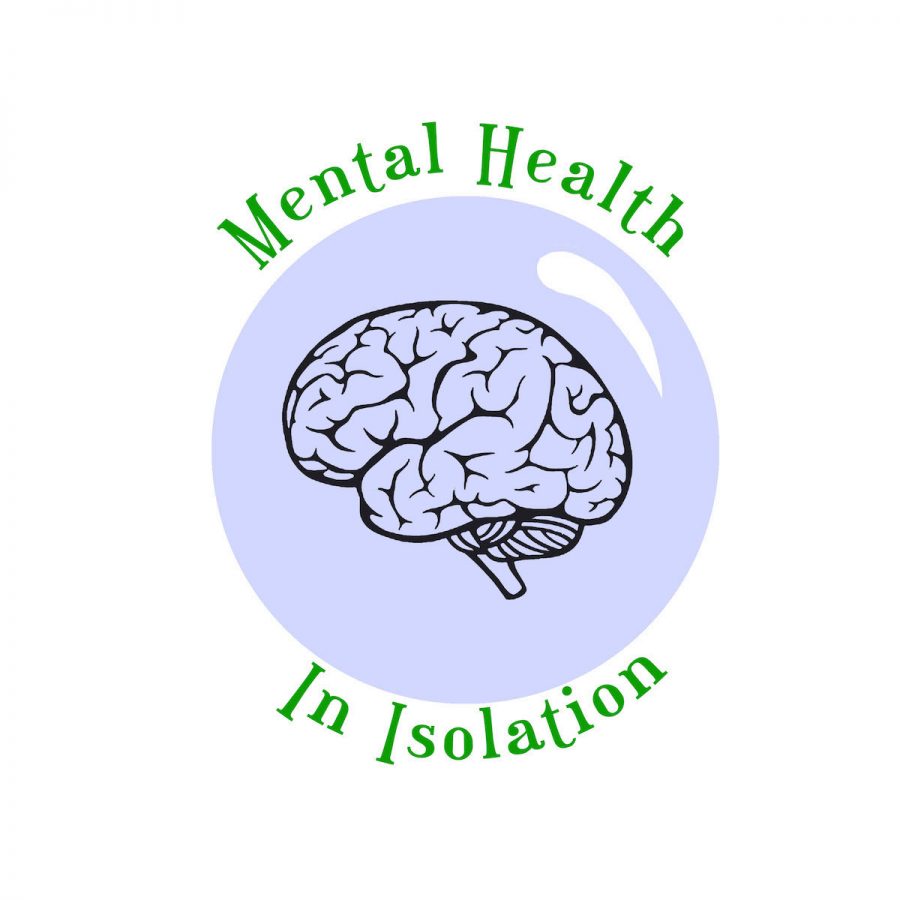Mental health in isolation
Drug addiction is a serious disorder and deserves attention
More stories from Grace Olson
Photo by Bethany Mennecke
Mental health in isolation has covered a lot of different types of mental illnesses and disorders that I feel don’t get a lot of attention. This week I am going to focus on something a lot of people don’t even consider a disorder in the first place – drug addiction.
Drug addiction, also called substance use disorder, affects a person’s brain and behavior. This often leads to an inability to control the use of legal or illegal drugs or medication, according to Mayo Clinic.
Alcohol, marijuana and nicotine are all considered drugs and an individual can get addicted to or become dependent on them.
Drug addiction often starts with experimental use of recreational drugs in social situations, such as a drink at a party.
Other times, one can become addicted after being prescribed medications or when given a medication from a friend who has been prescribed the medication.
The risk of addiction and how fast one becomes addicted varies by drug and the person. Opioid painkillers have a higher risk of addiction and can cause addiction more quickly than other drugs such as alcohol or nicotine.
As an individual uses a drug, they may need to use more of the drug to feel the effects of the drug. Then soon, the individual may need the drug just to feel good on a day-to-day basis.
As the drug use increases the individual may find it becomes more difficult to go without the drug. Eventually, if the individual tries to stop the drug use, they may suffer intense cravings for the drug that make them feel physically ill.
The symptoms of drug addiction depend on the drug and the person, but some general symptoms include:
- The individual feels they have to use the drug regularly — daily and sometimes several times a day
- Intense urges for the drug which block out any other thoughts
- The individual needs more of the drug to get the same effect
- The individual makes sure they always have a supply of the drug
- Spends money on the drug even if one can’t afford it
- They don’t meet obligations and work responsibilities
- Continue to use the drug even if they know it causes problems in their life — such as physical or psychological harm
In an article on the National Institute on drug abuse website, Dr. Nora Volkow said those struggling with drug addiction may be hit especially hard during COVID-19.
Volkow said people with substance use disorders may have decreased access to health care, housing insecurity and are a greater risk for incarceration.
Volkow also said people with a drug addiction already are at a greater risk for health problems and may be pushed to the side as hospitals reach capacity.
“If hospitals and clinics are pushed to their capacity, it could be that people with addiction — who are already stigmatized and underserved by the healthcare system — will experience even greater barriers to treatment for COVID-19,” Volkow said.
Also, if someone with a drug addiction were to contract COVID-19 they may be at risk for a more serious case.
If one struggles with vaping or smoking they may struggle from lung health. Research suggests exposure to aerosols from e-cigarettes harms the cells of the lung and decreases its ability to respond to viruses.
Addiction is a complicated disease that has many factors included in it. Many feel drug addiction is the person’s fault and should be punished for it.
But that is simply not the case. Drug addiction can come from genetics or the environment the individual is in.
As someone who has seen a family member and peers struggle with addiction — it’s not a simple problem. It completely changes one’s personality, life and the lives of those involved.
To better understand drug addiction I recommend reading the websites linked in this article, and watch the movie “Beautiful Boy,” which is about a college-aged man struggling with sobriety.
The substance abuse and mental health national helpline can be reached at 1-800-662-4357.
Olson can be reached at [email protected].











